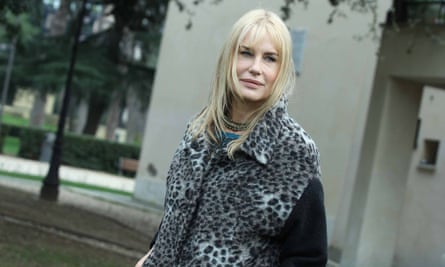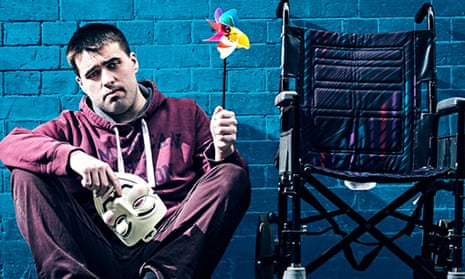A new study showing that people with autism display higher levels of creativity has been welcomed by campaigners, who say it helps debunk a myth about people with learning disabilities.
Scientists found that people with the developmental condition were far more likely to come up with unique answers to creative problems despite having traits that can be socially crippling and make it difficult to find jobs. The co-author of the study, Dr Catherine Best from the University of Stirling, said that while the results, from a study of 312 people, were a measure of just one aspect of the creative process, it revealed a link between autistic traits and unusual and original ideas.
“We speculate that it may be because they are approaching things very differently. It goes a way towards explaining how some people with what is often characterised as a disability exhibit superior creative talents in some domains.”
Though some celebrities, including actress Daryl Hannah, have spoken about their autism, the findings – published in the Journal of Autism and Developmental Disorders – should act as a wake-up call to the creative industries, said actor Cian Binchy, who is performing his much-praised show The Misfit Analysis at the Edinburgh festival this week. “There just aren’t any people with learning disabilities – in this field I’m the only one. It’s because people with learning disabilities may need a bit of extra support, and a lot of theatre companies and performers can’t be bothered – its too challenging for them.
“It’s time people with autism and other learning difficulties are seen as people first. I want to educate people without learning disabilities that I’m not all that different to them, and I want people who do have learning disabilities to feel better about themselves by showing my problems. They are not alone.”
After working as an autism consultant on the National Theatre’s The Curious Incident of the Dog in the Night-Time, Binchy trained with Access All Areas, an award-winning theatre company that supports adults with learning disabilities to work in the arts, and runs the country’s only professional training programme for the creative arts for people with learning disabilities.

Patrick Collier of Access All Areas said: “It’s not about helping someone with autism of Down’s syndrome play Hamlet, although if they want to that’s fantastic – its about finding their own voice and to have that heard. People do need support to navigate the industry, but as this research shows, the creativity is there to be enabled.”
Autism is a lifelong disorder which affects 1 in 100 in the UK, changing the way they communicate and experience the world, and varying greatly from person to person. Jolanta Lasota, chief executive of the charity Ambitious about Autism, said lack of creativity is one of many autism myths. She welcomed the study for suggesting that seeing the world in a different way can be a positive trait
She said: “There are many misconceptions and myths about autism, the biggest one including being antisocial and having a lack of empathy. However, what people with autism struggle with is fitting their feelings of sympathy and caring into everyday interactions.
“While it is true that some people with autism can have very specific interests and may struggle with abstract concepts, this research helps to highlight the fact that seeing the world in a different way can be a positive trait too. We find time and again that many of our pupils in our TreeHouse School and Ambitious College are very creative, whether that be through art, music, film or photography. It is great to see research continued in this area to help dispel more autism myths.”
Lasota has been campaigning for employers to consider people with learning disabilities when they’re hiring, and hopes that studies like this will help. “With the right support, planning and opportunities from parents and employers, many people with autism have the ability to work. Despite this, recent figures show that only 15% of people with autism are in full-time paid employment – 79% of those polled who are not in employment would like to be.”

Comments (…)
Sign in or create your Guardian account to join the discussion